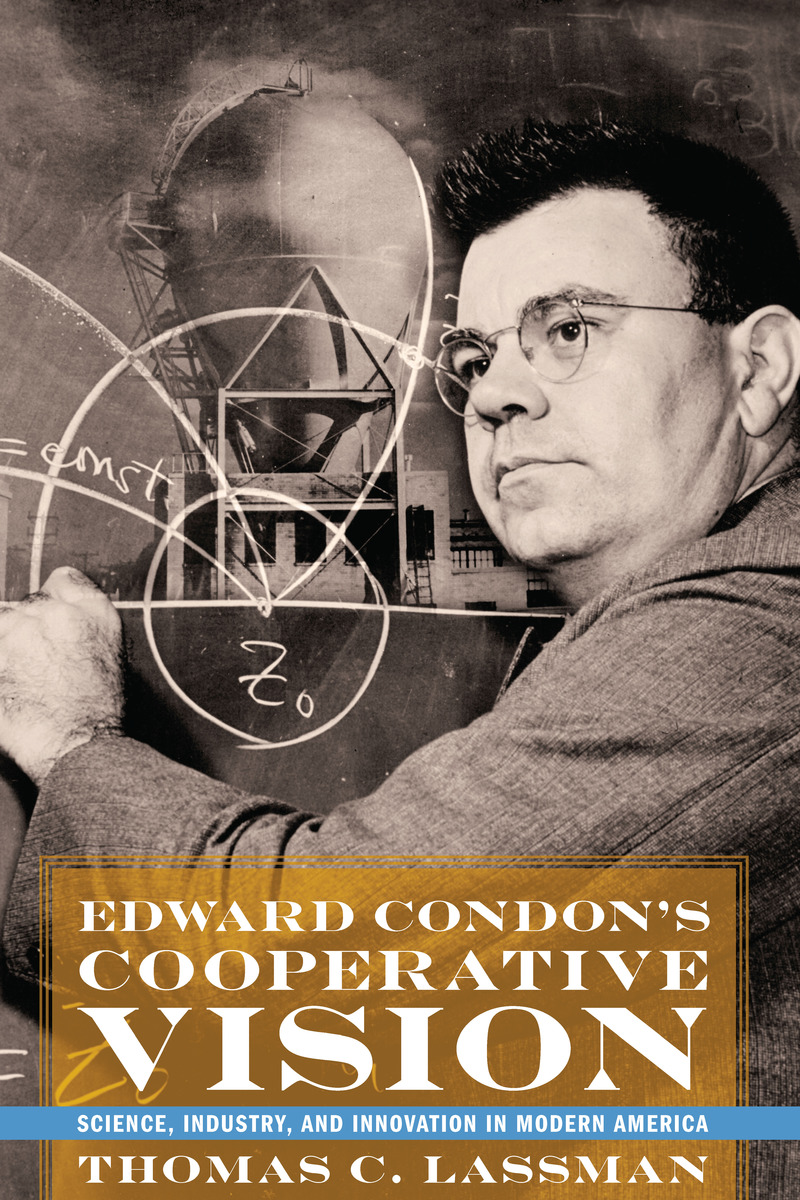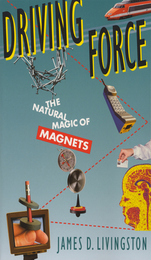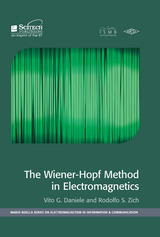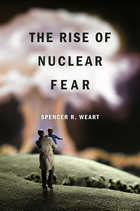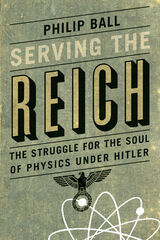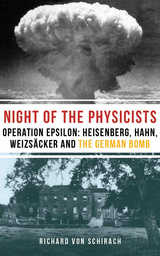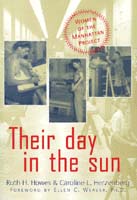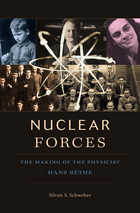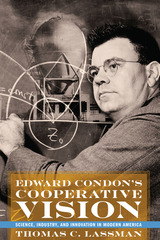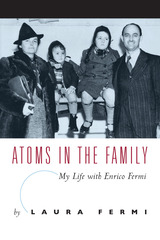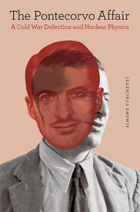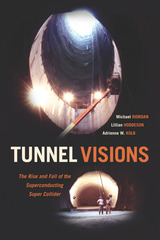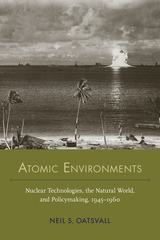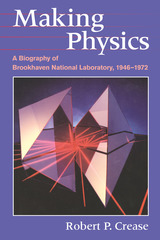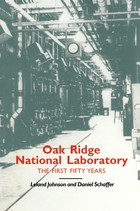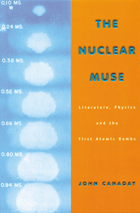Edward Condon's Cooperative Vision: Science, Industry, and Innovation in Modern America
University of Pittsburgh Press, 2018
Cloth: 978-0-8229-4534-5 | eISBN: 978-0-8229-8626-3
Library of Congress Classification QC774.C66L37 2018
Dewey Decimal Classification 539.7092
Cloth: 978-0-8229-4534-5 | eISBN: 978-0-8229-8626-3
Library of Congress Classification QC774.C66L37 2018
Dewey Decimal Classification 539.7092
ABOUT THIS BOOK | AUTHOR BIOGRAPHY | REVIEWS | TOC | REQUEST ACCESSIBLE FILE
ABOUT THIS BOOK
As a professor of physics at Princeton University for nearly ten years, Edward Condon sealed his reputation as one of the sharpest minds in the field and a pioneer in quantum theoretical physics. Then, in 1937, he left it all behind to pursue an industrial career—first at the Westinghouse Electric and Manufacturing Company in Pittsburgh and then, by way of the federal government, at the National Bureau of Standards. In a radical departure from professional norms, Condon sought to redefine the relationship between academic science and technological innovation in industry. He envisioned intimate cooperation with the universities to serve the needs of his employers and also the broader business community.
Edward Condon’s Cooperative Vision explores the life cycle of that vision during the Great Depression, the Second World War, and the early Cold War. Condon’s cooperative model of research and development evolved over time and by consequence laid bare sharp disagreements among academic, corporate, and government stakeholders about the practical value of new knowledge, where and how it should be produced, and ultimately, on whose behalf it ought to be put to use.
Edward Condon’s Cooperative Vision explores the life cycle of that vision during the Great Depression, the Second World War, and the early Cold War. Condon’s cooperative model of research and development evolved over time and by consequence laid bare sharp disagreements among academic, corporate, and government stakeholders about the practical value of new knowledge, where and how it should be produced, and ultimately, on whose behalf it ought to be put to use.
See other books on: Industry | Innovation | Modern America | Physicists | Science & Technology
See other titles from University of Pittsburgh Press
